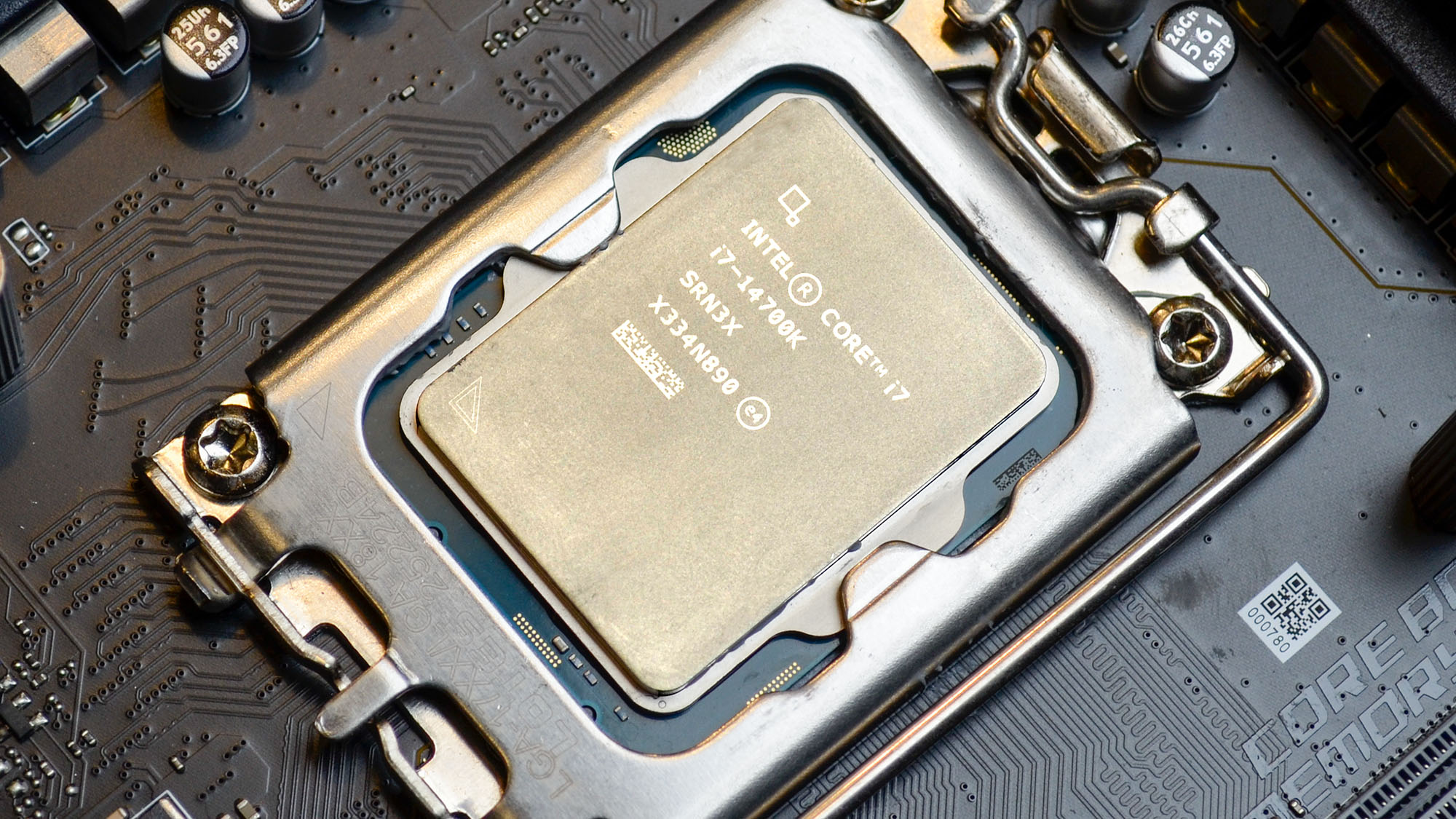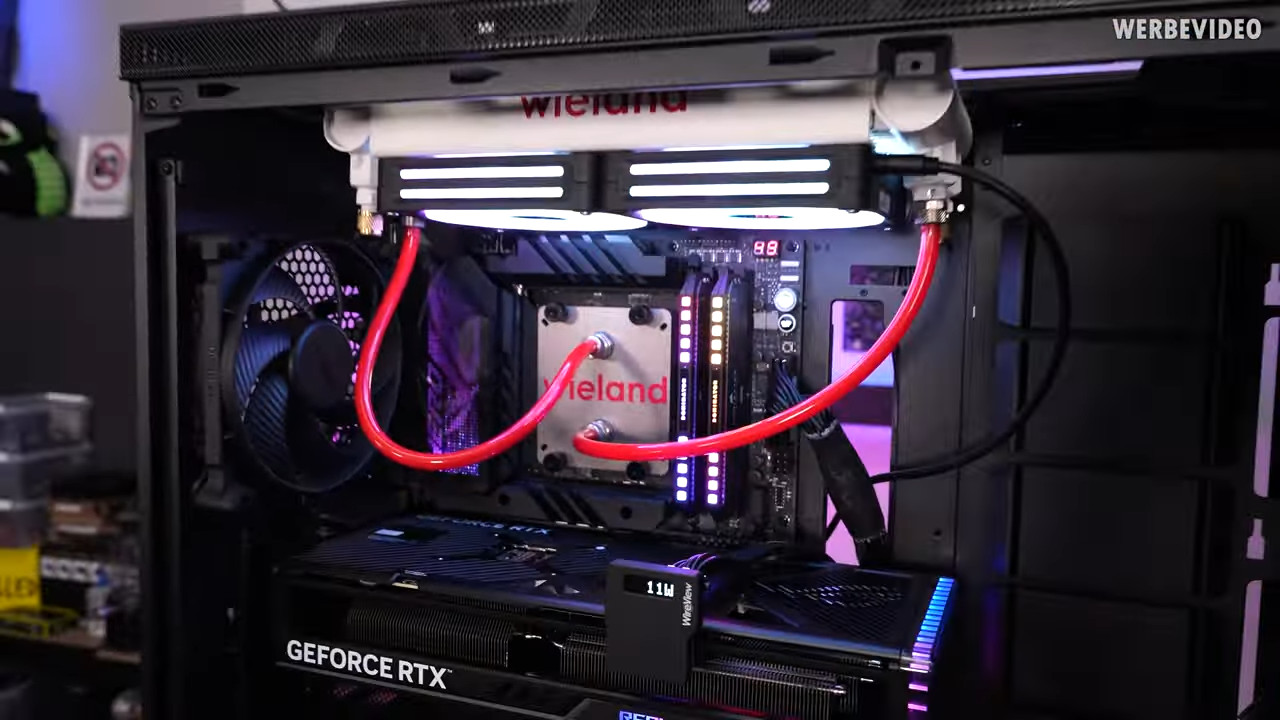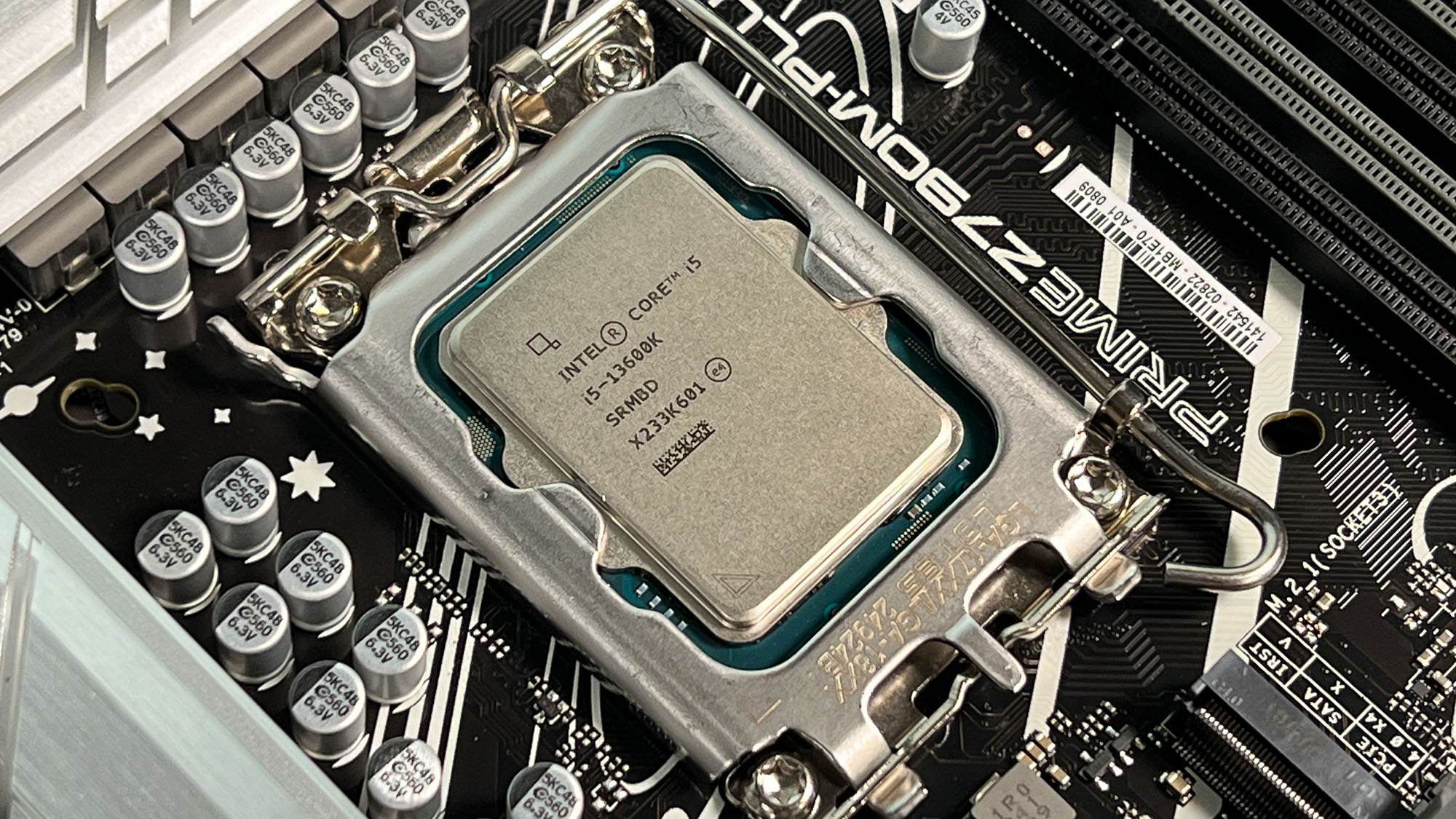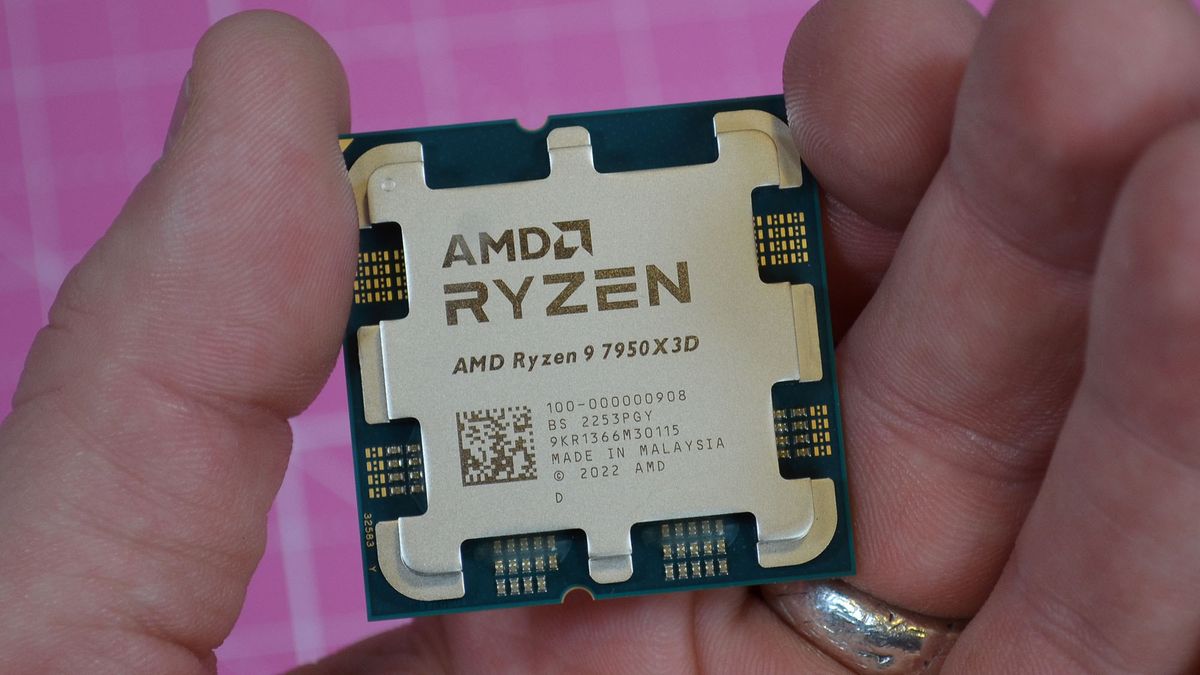On the subject of constructing or upgrading a PC, the central processing unit (CPU, or simply processor) is on the coronary heart of the system, powering its capabilities and efficiency. Deciding on the correct CPU could be a balancing act of value, efficiency, and future-proofing your setup.
However it’s not sufficient to simply purchase the very best processor you may afford, as there is no such thing as a single ‘greatest Intel processor’ or ‘greatest AMD processor’. Which one is best for you will largely rely on what you want the processor to do, since you may simply make investments a whole lot of {dollars} or kilos right into a processor that’s so overpowered you hardly ever, if ever, absolutely leverage its capabilities.
This could be a colossal waste of cash, as higher-end processors can include all kinds of additional prices by way of CPU cooling and motherboard upgrades that is likely to be totally pointless.
With a purpose to discover the correct processor on your wants and funds, it’s important to know the way to decide on a CPU from among the many multitude of choices in the marketplace. Fortuitously, I’ve extensively examined and used the entire processors presently in the marketplace, and I’m right here to assist stroll you thru the method of selecting the best CPU on your PC.
Understanding CPU Specs

Earlier than diving into selecting a CPU, it is important to know the essential specs that outline a CPU’s efficiency:
Cores and Threads: A core is basically a CPU inside a CPU, able to performing operations independently of different cores. A multi-core processor will have the ability to multitask extra effectively, which may considerably enhance efficiency. Threads consult with the variety of duties a core can deal with concurrently. Most traditional CPU cores are single-threaded, that means they’ll solely execute a single activity per clock cycle, however increased performing cores are able to ‘hyperthreading’, which permits them to carry out two duties per clock cycle, which may significantly enhance efficiency in functions that make the most of multithreading.
Clock Pace: Measured in multiples of hertz (Hz, MHz, GHz), the clock pace of a processor signifies what number of clock cycles a CPU runs by way of each second, and since a CPU can course of an instruction (or two in cores with hyperthreading), this instantly pertains to what number of directions a processor can execute each second. A single hertz represents a single cycle, so a kilohertz (kHz) is a thousand cycles a second, whereas a megahertz (MHz) is one million cycles per second. Trendy CPUs are effectively into the gigahertz (GHz) vary, or some a number of of a billion cycles per second.
Whereas clock speeds are probably the most direct measure of how effectively a CPU will carry out, increased clock speeds alone usually are not the one consider general efficiency.
Cache Dimension: The cache is the CPU’s onboard reminiscence, used to retailer regularly accessed information for fast retrieval. Bigger caches can enhance efficiency by decreasing the time wanted to entry information from the primary reminiscence or RAM.
Thermal Design Energy (TDP): TDP is the utmost quantity of warmth a CPU generates below heavy use, measured in watts. It may well point out how a lot cooling your CPU would require and its energy consumption.
Built-in Graphics: Some CPUs include built-in graphics, eliminating the necessity for a separate graphics card for primary duties and lightweight gaming. Nevertheless, devoted graphics playing cards are really helpful for intensive gaming {and professional} workloads.
Figuring out Your Wants

Your alternative of CPU ought to be guided by how you plan to make use of your PC:
Gaming: Search for CPUs with excessive clock speeds and bigger cache sizes. PC video games are nearly at all times single-threaded functions, so having extra cores gained’t essentially enhance gaming efficiency, however processing extra directions per second is important for video games that require advanced physics calculations and better cache sizes enable for extra important information for these calculations to stay within the quickest doable laptop reminiscence.
Whereas that is broadly true for all gaming functions, in case you are gaming at increased resolutions (1440p and above), then your graphics card goes to overhaul your CPU because the framerate bottleneck, so the impression of upper CPU efficiency at 1440p and above is significantly much less or eradicated altogether.
With all that mentioned, an Intel Core i7 or AMD Ryzen 7 chip is often greater than sufficient for gaming, and if you’ll find an AMD Ryzen 7 with 3D-VCache (designated by an ‘X3D’ within the mannequin quantity), that is even higher.
Content material Creation and Skilled Workloads: Duties comparable to video enhancing, 3D rendering, and large-scale information computations profit from CPUs with extra cores and threads, which may deal with parallel processing effectively. On this occasion, clock speeds matter, however having twice as many cores which are 25% slower will find yourself providing you with higher efficiency in these sorts of workloads. Typically, you may be on the lookout for an Intel Core i9/AMD Ryzen 9 processor for this sort of workload.
Common Use and Productiveness: For searching, workplace functions, and lightweight photograph enhancing, a mid-range CPU with an honest steadiness of clock pace and cores will suffice. You shouldn’t want greater than an Intel Core i5/Intel Core 5/AMD Ryzen 5 for this sort of computing, and in some instances an Intel Core i3/Intel Core 3/AMD Ryzen 3 shall be adequate for informal customers who don’t intend to do any gaming or content material creation work.
Contemplating Compatibility and Future-Proofing

Compatibility together with your motherboard is essential. Make sure the CPU you choose suits the socket in your motherboard and that the motherboard chipset helps the CPU’s options. Upgradability must also be a consideration; choosing a more recent platform may provide higher assist for future CPU generations.
Future-proofing includes deciding on a CPU that can meet your wants for a number of years. Whereas it is unattainable to utterly future-proof a PC as a result of fast development of know-how, selecting a CPU with barely extra efficiency than you presently want may help your system stay related longer.
Balancing Efficiency with Funds
Funds usually dictates the vary of CPUs out there to you.
Excessive-end CPUs, like Intel Core i9/AMD Ryzen 9 processors, provide the very best efficiency throughout all workloads, however come at a big funding within the chips themselves in addition to the cooling and motherboard wanted to assist them.
Mid-range CPUs just like the Intel Core i7 and AMD Ryzen 7 collection processors sometimes provide the very best steadiness between value and efficiency, and are appropriate for many customers (together with critical PC gaming).
Entry-level CPUs just like the Intel Core i5/AMD Ryzen 5 and beneath are probably the most reasonably priced however may battle with intensive duties, so are a lot better utilized in primary household PCs or enterprise computer systems that primarily use cloud platforms like Salesforce or comparable.

Learn evaluations and benchmarks
Earlier than making a call, seek the advice of processor evaluations and evaluate benchmark scores from respected sources. You don’t even have to stay with the evaluations I do right here at TechRadar, and I’d encourage you to learn as many processor evaluations as doable to get a greater overview of a processor’s capabilities throughout an entire vary of exams and use instances
These present real-world efficiency information that you should utilize to match totally different processors you is likely to be contemplating, and CPU reviewers nearly completely deal with these sorts of evaluations for his or her publications, so that they’ll have examined a number of chips to organize their evaluations, so they are going to be consultants on which CPUs are good for which duties.
Simply be certain to give attention to benchmarks that replicate your meant use, comparable to gaming, rendering, or multi-tasking efficiency, fairly than go for which processor scores absolutely the ‘greatest’ general – since this can seemingly embrace use instances chances are you’ll not really use the processor for.
Making Your Alternative
With an understanding of CPU specs, a transparent thought of your wants, a funds in thoughts, and data of find out how to analyze CPU evaluations, you may be well-equipped to decide on the correct CPU on your PC. Take into account the next steps to finalize your choice:
Shortlist CPUs that meet your core and thread necessities, clock pace preferences, and funds.
Examine every chip’s compatibility together with your motherboard, guaranteeing the socket matches and the chipset helps the CPU’s options.
Examine efficiency utilizing benchmarks and evaluations, specializing in eventualities that match your use case.
Consider extras like built-in graphics or bundled coolers, which could provide extra worth or save on future purchases.
Take into account the long run, however keep in mind that know-how evolves shortly. Choose a CPU that meets your wants for the foreseeable future with out overly prioritizing future-proofing on the expense of present efficiency or funds constraints.
Choosing the proper CPU is a essential step in constructing or upgrading a PC. By fastidiously contemplating your wants, funds, and the specs of accessible CPUs, you may choose a processor that gives the very best efficiency on your particular necessities, guaranteeing a balanced and succesful PC setup.






